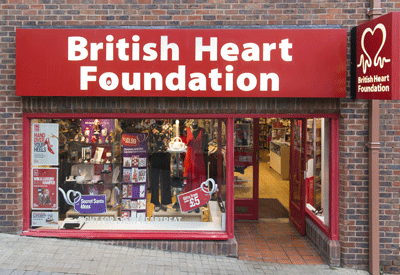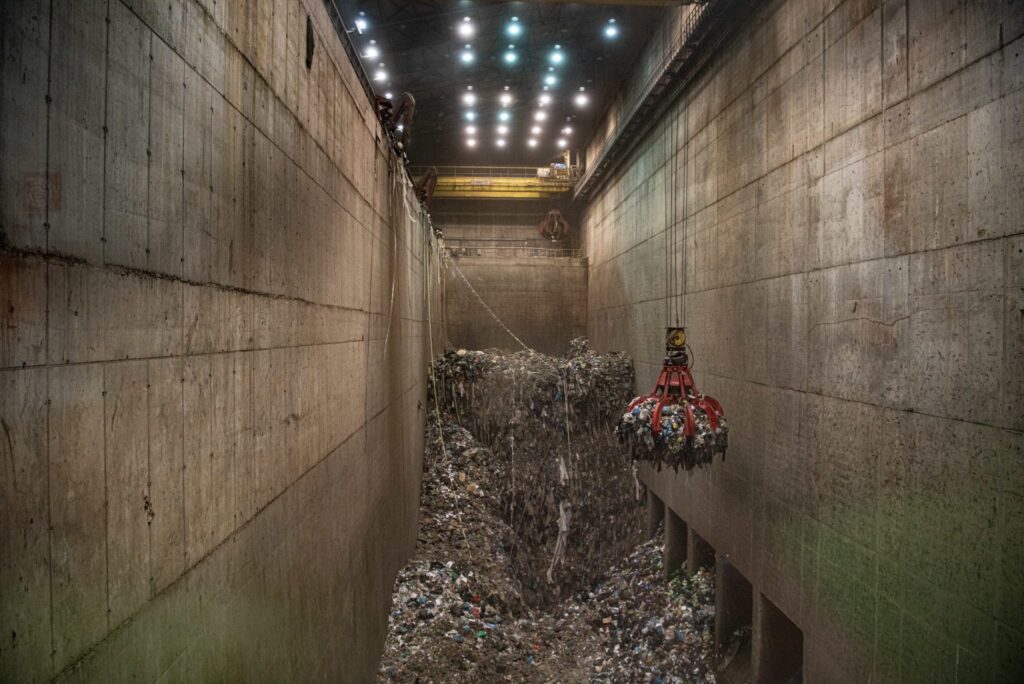Wiltshire council has joined a number of local authorities that have introduced charges for charity shops, announcing that from September 2016, charity shops will be charged when they visit a civic amenity site to dispose of the donated goods or other items they cannot sell or recycle.

Previously, this service has been offered for free.
‘Short-sighted’
Robin Osterley, chief executive of the CRA, the trade body for charity shops in the UK, said: “This decision by Wiltshire is unfortunately the latest example in a long line of councils introducing short-sighted policies which pass on costs to charity shops. Last year, in the area of textiles alone, the charity retail sector was able to reuse or recycle 373,000 tonnes of material at no cost to the public purse.
“If our shops were not there, most of this waste would be passed directly to a local authority for disposal – costing councils like Wiltshire a fortune in landfill tax now charged at £84.40 per tonne.”
Savings
A Wiltshire council spokesperson said: “We only have a duty to provide household recycling centres for its residents to dispose of their waste. During 2015-16 we reduced the opening hours at all eleven of its household recycling centres in order to make savings. As a consequence some sites have experienced long queues during their busiest times.
“Recognising this issue, we have begun looking at all users of these sites in order to improve access for residents. As a consequence, and to make further savings, from September this year we intend to limit access for the voluntary, community and social enterprise sector (including charities) to the sites.
“They will still be able to access the household recycling centres but the number of visits will be limited to 12 per organisation per year and a small charge will apply to cover the cost of managing the waste they deliver.”
Torbay
Claiming that an increasing number of councils are raising operating costs of charity shops in some form, the CRA has pointed to Torbay Council, as a case it claims “aptly demonstrates what might happen to charities in Wiltshire should these charges go ahead.”
Animals in Distress, a small chain of charity stores active in Torbay and the West Country, is able to sell the majority of its goods (over 95%), the CRA notes. However, one of the stores in particular has become the focus of fly-tipping and illegal dumping on the forecourt.

While previously the charity was not charged for their waste disposal, in 2010, a new disposal price of £22/tonne was introduced, and in 2015 the price was increased again to £145/tonne – the full commercial rate.
According to the CRA this has “a crippling effect on Animals in Distress’s retail fundraising efforts,” as disposal costs amount to around £15,000 per year.
‘Unfair’
In December 2014, Torbay introduced a cap of 10 tonnes per year to all local charities depositing at Torbay’s Transfer station. In a statement issued September 2015, a Torbay council spokesperson said: “This policy was implemented after tonnage, from a small proportion of charities tipping at this site, more than doubled.
“The authority has a statutory responsibility to recycle 50% of its household waste by 2020 and due to budget cuts it was deemed unfair that council tax payers should subsidise this increased activity.”
A fair system is needed, Torbay council claimed, which shows where waste is coming from and “if an organisation permits the dumping of waste outside their outlets then there is no audit trail to show where this waste is from and must be treated as non-recyclable waste and charged as such.”
According to Torbay council, at the time of the policy implementation, all charities were asked if the change was likely to cause any problems and the offer was made to work with the local authority to resolve any issues that may have arisen.
Commenting on the CRA’s claims concerning Animals in Distress, a Torbay council spokesperson said: “Officers have met with Animals in Distress and agreed to take additional items that could be recycled free of charge to try to help to ease the burden of materials that were dumped at their premises. These included white goods, broken electricals and wood.”
Waste problem
One observer commented that there appeared to be a trend for some shops, such as has happened in Torbay, to face “dumping of things residents don’t want any more”.
He said: “Local residents are more or less putting sacks of old toys or games and other household items outside the charity shop doors and often these can’t even be sold by a charity shop, even though the resident might have the best of intentions.”
He added: “We have seen material piled up against the doors of charity shops over weekends in particular and in some places this is not much different to flytipping at bring bank sites”.









Subscribe for free